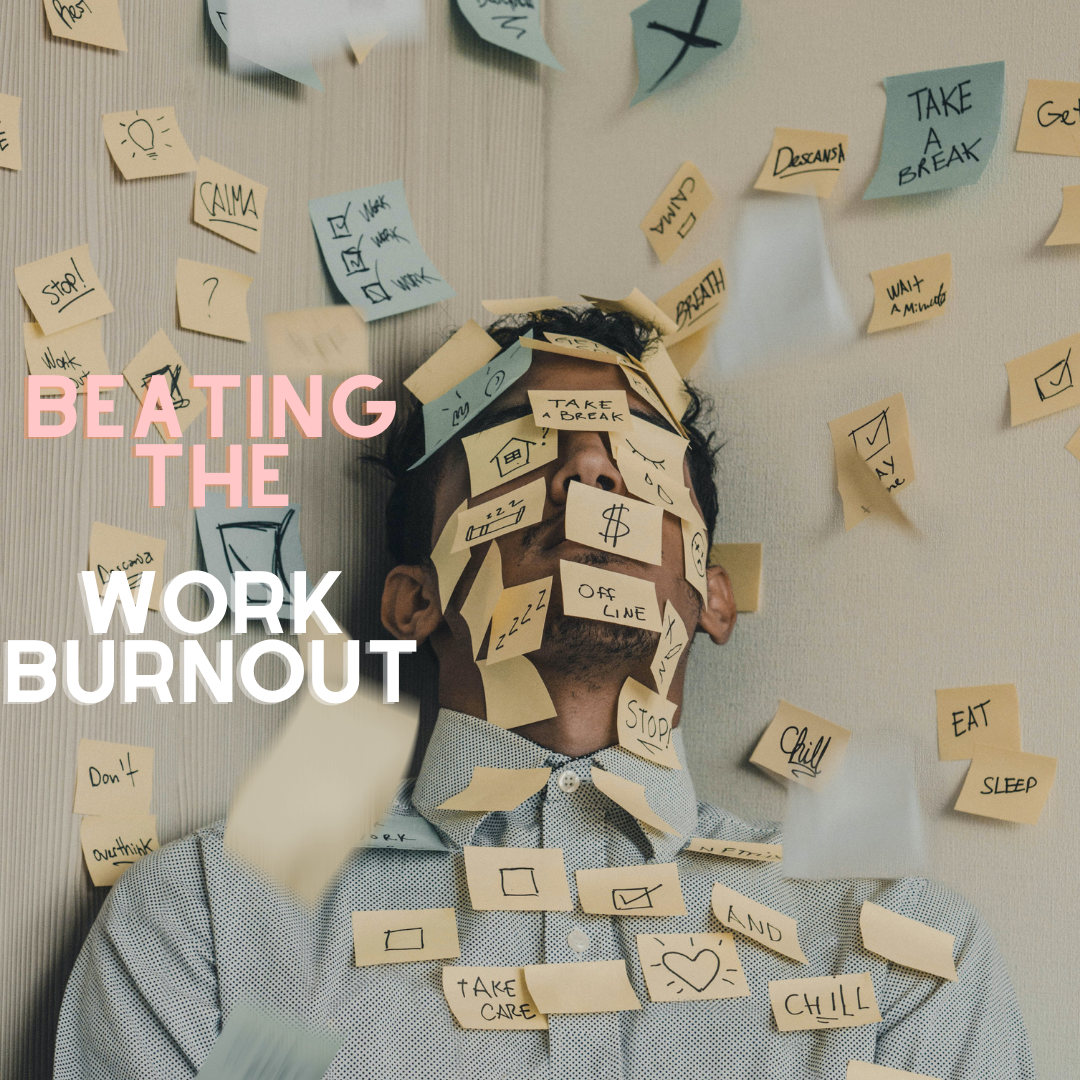Beating the Work Burnout

For those of us who used to work in an office, it has already been a year since we were asked to pack our office supplies and got told to go work from home. At the beginning of the pandemic, many people were excited to stop commuting and to be able to spend more time with their families. We get to be in our homes more, worrying less about traffic and about getting ready, and get to eat homemade food more often! If you have a pet, I am sure you have worked with him on her sitting in your lap or at your feet more than once. Isn’t that sweet?
For sure, being able to work from home has its advantages. Yet, at the end of 2020, a study revealed many people have been experiencing severe burnout from working remotely. You may wonder how is this possible when it’s easier to be comfortable from home? We have everything we need inside our house, right? Well, the truth is that now it has become a little bit more challenging to have a good work-life balance since now we are doing everything from the same spot. Our home (or room, specifically, if you do not have an at-home office) was meant to be a sanctuary from the “outside world.” Many of us used to like attending happy hour after clocking out, and quarantine forced many restaurants and bars to close. For those who have children and also have to stay with them at home, it has become even more important to get a break. So what is work burnout and how can we ease it?
Burnout is “the state of emotional, physical, and mental exhaustion caused by excessive and prolonged stress. It occurs when you feel overwhelmed, emotionally drained, and unable to meet constant demands,” says Helpguide. It was also reported that many companies actually became more strict and added additional pressure to their employees as they feared productivity would decrease during the COVID-19 crisis. Considering all of this and the aforementioned, it is reasonable people are suffering from work burnout now more than ever. Here are some ways to treat work burnout that will make you feel better!
Regulate your sleep schedule.
Do not wake up five minutes before you have to clock in! For many people, it is much more overwhelming to have to get to work right away and also it takes a little while to get our brains “up and running” when we just wake up, particularly if we’ve been feeling stressed out. Wake up about an hour before starting work, and meditate and stretch or hang out in the common area for a bit. Find your buffer between your designated times for work and rest.
Get some fresh air.
Go for a walk in the neighborhood or stand on your porch or patio for a while. Ideally, wait until you clock out, that way you are not tricking your mind into having to get back at it as soon as you’re done with the break. It will be your new buffer in between work and dinner/family time. On your days off, and if you feel safe and promise to adhere to social distancing guidelines, getaway! Even if it’s just the park or the beach. You will be creating some separation from your “workplace.” Engage in some form of outdoor physical activities to exercise and to ease your tension. Also, definitely take advantage of your paid vacation time if you have it.
Set work boundaries.
If you’re working full-time, you should still be taking your two ten-minute breaks and lunch. Do not answer work-related phone calls and avoid checking emails or chats during your lunchtime. Being near your computer doesn’t mean you are available at all times. I like to put away all my work equipment as soon as I clock out Friday, then I set it up again Sunday night. Since I work from my bedroom, that means two days and a half of not seeing the bulky work computer and monitors in front of my bed.
Are you also suffering from work burnout? How are you coping with work-related stress during this pandemic? Remember to take care of yourself!